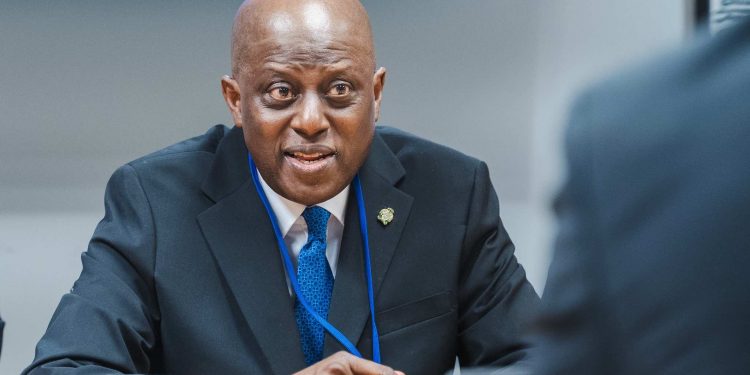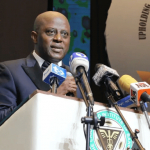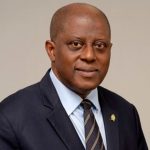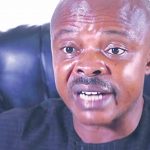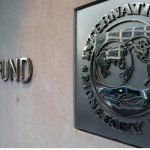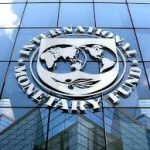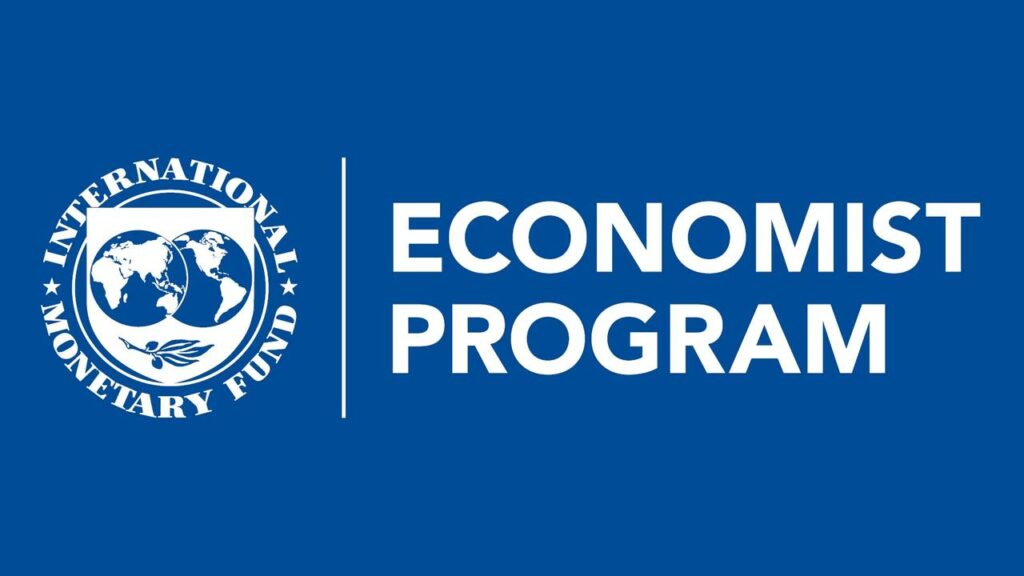The Central Bank of Nigeria is developing a new framework to support the use of national currencies in bilateral trade, as part of efforts to reduce dependence on foreign exchange and strengthen Nigeria’s participation in international trade.
CBN Governor, Olayemi Cardoso, disclosed this during a press briefing at the IMF/World Bank Annual Meetings in Washington DC. He acknowledged that previous attempts at settling trade in local currencies did not yield the expected results but confirmed that the Bank is revisiting the initiative under a more structured and strategic model.
“We have had an experiment with that. To be frank, it did not work out very well for us. That is not to say that we are not interested. We are, and we are really at an elementary stage of putting up a framework, now that our currency is more competitive, to be able to ensure that it is a win-win for everybody,” Cardoso said.
Bilateral currency settlement agreements enable two countries to trade using their national currencies instead of the U.S. dollar. Nigeria previously implemented such an arrangement through a 2018 currency swap agreement with China, valued at about ₦720 billion (RMB 15 billion).
The agreement was introduced to ease pressure on Nigeria’s dollar reserves and facilitate trade with China. However, the initiative suffered setbacks due to limited awareness among traders, operational bottlenecks, exchange rate concerns and inadequate yuan liquidity across local banks. Many businesses continued to rely on the dollar for imports despite the scheme.
In December 2024, Nigeria and China renewed the currency swap agreement, now valued at ₦3.28 trillion (15 billion yuan or $2.09 billion), valid for three years and renewable by mutual consent. The renewed deal is intended to simplify transactions in naira and yuan and deepen financial cooperation between both countries.
Cardoso’s remarks indicate that the CBN is re-evaluating how local currency settlements can be more effectively implemented, particularly as recent foreign exchange reforms have made the naira more competitive.
He noted that Nigeria’s macroeconomic adjustments and exchange rate reforms have begun to strengthen its external position, leading to a positive balance of trade for the first time in recent years.
“From Nigeria’s perspective, it is less of a problem for us because a lot of the things that needed to have been done, we did much earlier. We now have a more competitive currency, and as a result, we have a trade surplus expected to be around six per cent of GDP and to remain at that for some time,” he added.
Cardoso described the shift as part of a broader restructuring of the economy, which has helped build resilience and create buffers against external shocks, particularly in the oil sector.
In his role as First Vice-Chair of the G24, Cardoso also highlighted the increasing representation of developing economies in global financial discussions, particularly within Bretton Woods institutions such as the IMF and World Bank.
“It has been very useful. Under the leadership of Argentina, being the Chair of the G24, we have advanced the voice of emerging economies. We have been able to get a more effective seat at the table and get our voices heard,” he said.
He noted that recent G24 communiqués captured the core concerns of member states, including domestic resource mobilisation, inflation, debt and growth challenges. Cardoso stressed that sound and consistent macroeconomic policies remain essential for achieving disinflation and sustainable growth across emerging economies.
“The progress some countries are recording today is clearly linked to those who adopted sound macroeconomic policies early,” he stated.
The G24, formally known as the Intergovernmental Group of Twenty-Four on International Monetary Affairs and Development, was established in 1971 to harmonise the positions of developing countries on international financial and development issues.


